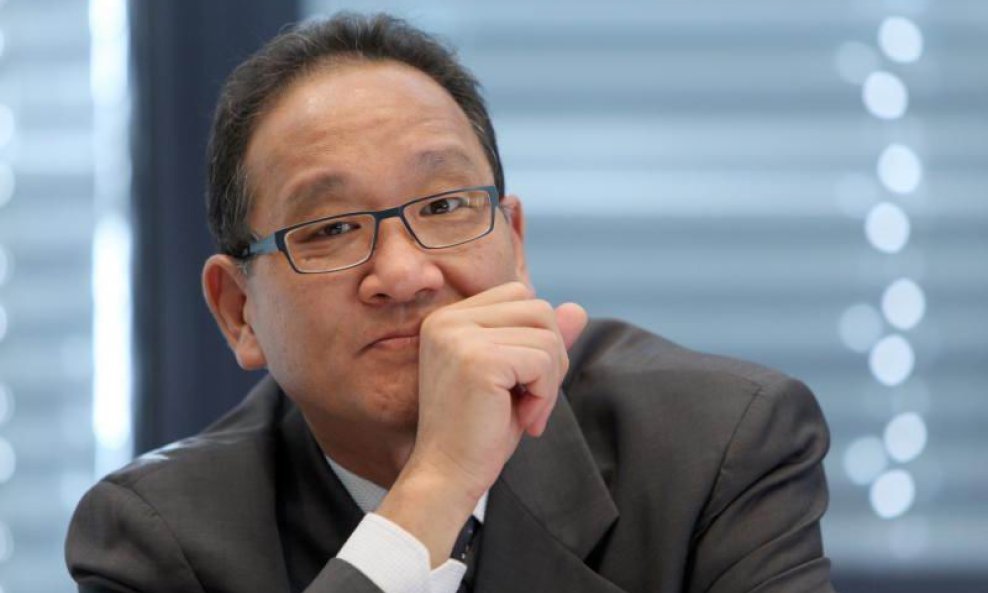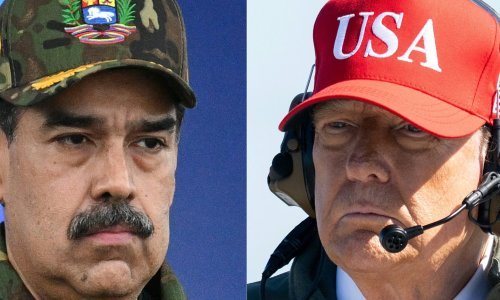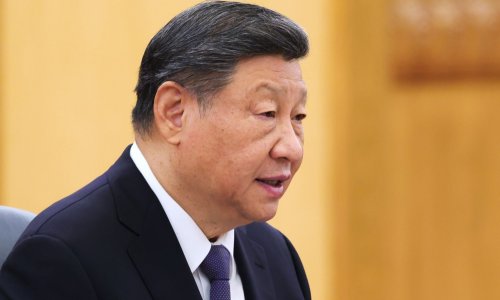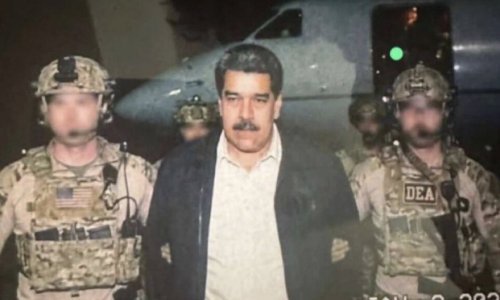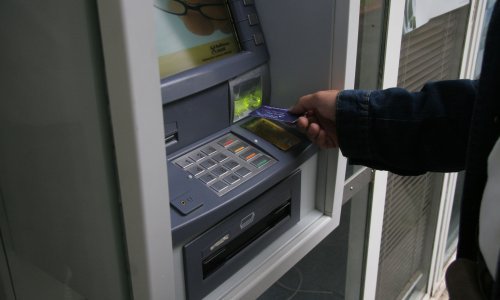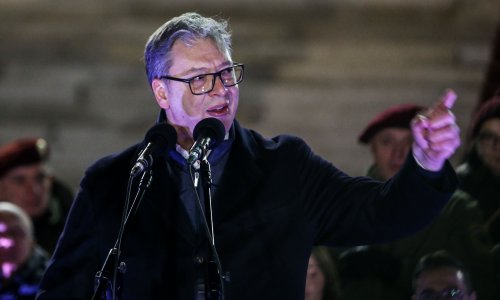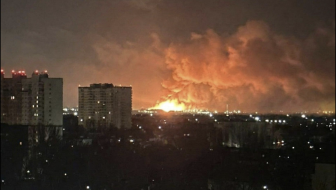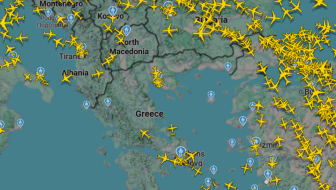Croatia needs to accelerate economic reforms and tackle political interest groups rather than looking to the International Monetary Fund for financial support, the World Bank's representative to the country, Hongjoo Hahm, told Reuters on Thursday.
Croatia hopes to wrap up the European Union accession talks by July and return to growth of 1.5 percent in 2011 after two years of recession, says Reuters.
But its economy urgently needs restructuring to create a more favourable climate for foreign investment, the World Bank official said.
"There is no manoeuvring space on the monetary (side), but there is on the fiscal front. Also, the role of the state ... must be reduced," Hahm said.
Prior to the economic crisis, Croatia's gross domestic product growth was running at around 4-5 percent, driven by tourism -- which still accounts for some 20 percent of output -- consumer spending and state investments, says Reuters.
But high servicing costs for debts run up over many years are now weighing as the country's fragile economic recovery struggles to gain traction.
"Tourism (alone) cannot sustain the economy. Croatia needs to turn to private sector-led growth based also on manufacturing (and) production," Hahm said.
He said the government's recovery programme, adopted last April, targets the main trouble spots in the economy -- high and inefficient public spending, too much red tape, rigid labour laws, slow bankruptcy and enforcement procedures and too big a role for the state in the economy.
"However, implementation has been slower than hoped for as the political agenda often interferes with economic goals and also there are strong interest groups ... that do not favour change," Hahm said.
"Some structural changes, like health or pension reforms, take time to yield results. However, Croatia could do more immediately to attract more foreign direct investments which also help growth," Hahm said.
In a recent Reuters poll, analysts said they expect public spending to remain high ahead of the election, and most saw a risk that Croatia would seek help from the IMF within the next two years, as Balkan peers like Romania and Serbia have done.
"Of course, it is a sovereign choice, but at the moment Croatia has foreign currency reserves much above optimum and does not need the IMF's (financial) help... The advisory role is now in place for free. What Croatia needs is to tackle reforms without delay," Hahm said.



